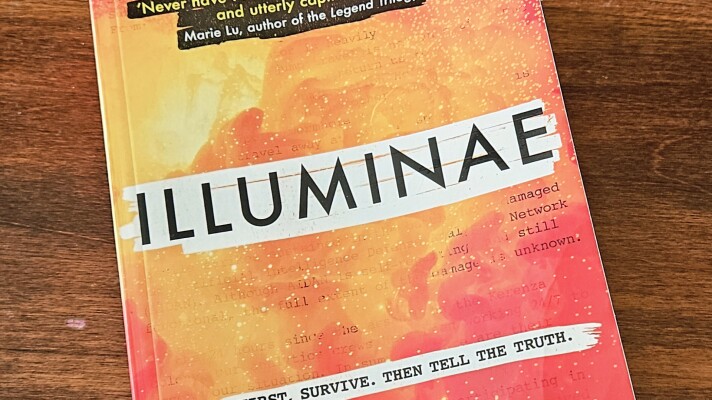Nicholas Sparks’ latest novel, Counting Miracles, comes in his fourth decade as a writer and marks his twenty-third novel, every single one of them a New York Times bestseller. Many know him through movies made of his books, The Notebook and Message in a Bottle, for instance. Romance novels are his very successful shtick.
Now I like romance as much as the next guy—which honestly isn’t very much! Certainly not enough to read a romance novel. Imagine my surprise to stumble onto Counting Miracles and discover that Sparks brings substance, seriousness, and yes some sweetness to his new novel.
The epigraph, a line from the book of Job, caught my eye: “He performs wonders that cannot be fathomed, miracles that cannot be counted.”
Counting Miracles is a Job story. Old man Jasper lives a simple, solitary life in the hills of North Carolina. He’s a decent, but broken man. Life-shattering events have taken from him much that is dear. Eighty-three, with not many years left, he’s bereft of faith and without hope. Apart from his dog Arlo, Jasper has regret, resignation to cruel fate, and a remnant of gentleness.
Another character, Tanner Hughes, is alone in the world after the passing of his grandmother in Florida. A globe-trotting veteran without roots, Tanner is looking for something or someone he-knows-not-what.
A third character, Kaitlyn Cooper—a harried, middle-aged physician, divorced, and a mother of two—is trying to hold life together. With grit and mostly good cheer, she manages.
Sparks brings Jasper, Tanner, and Kaitlyn to life. As the chapters unfold, he shows enough of their character and backstories to inspire readers’ investment in them. Why did bad things happen to them? Whose fault is it? How can they cope? What’s left for them? Is God to blame?
Counting Miracles isn’t a sad book. The calamities of Job are there, so it’s poignant, yes. Yet the prevailing tones are forbearance, tenderness, and friendship. And without giving anything away, yes, there are “wonders that cannot be fathomed, miracles that cannot be counted.”
We live in a fraught world of calamity. War, wildfire, famine, disease, death—they’re ever present. Counting Miracles reminds us that we also live in a miraculous world, if we have eyes to see, ears to hear, and tongues to tell.














